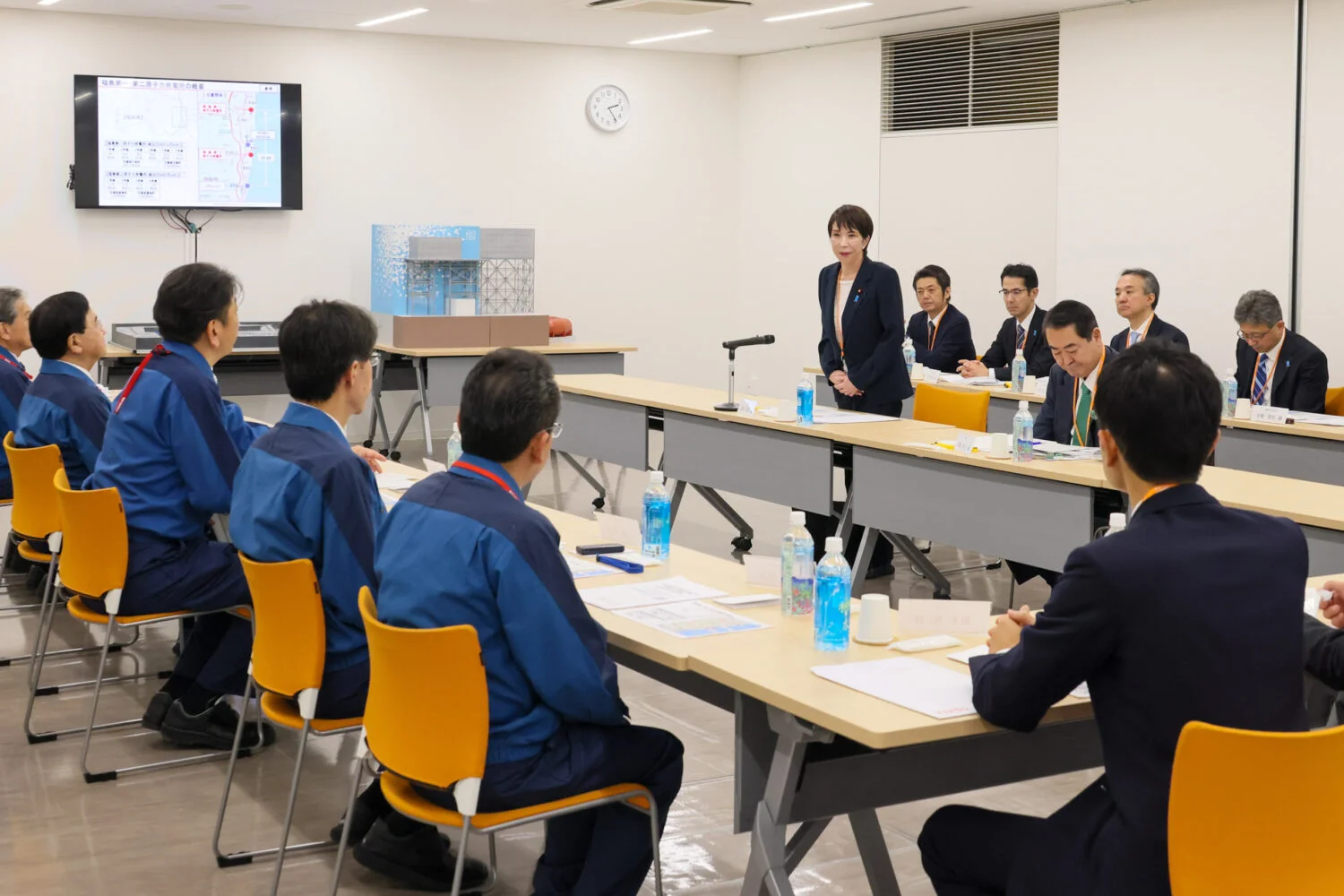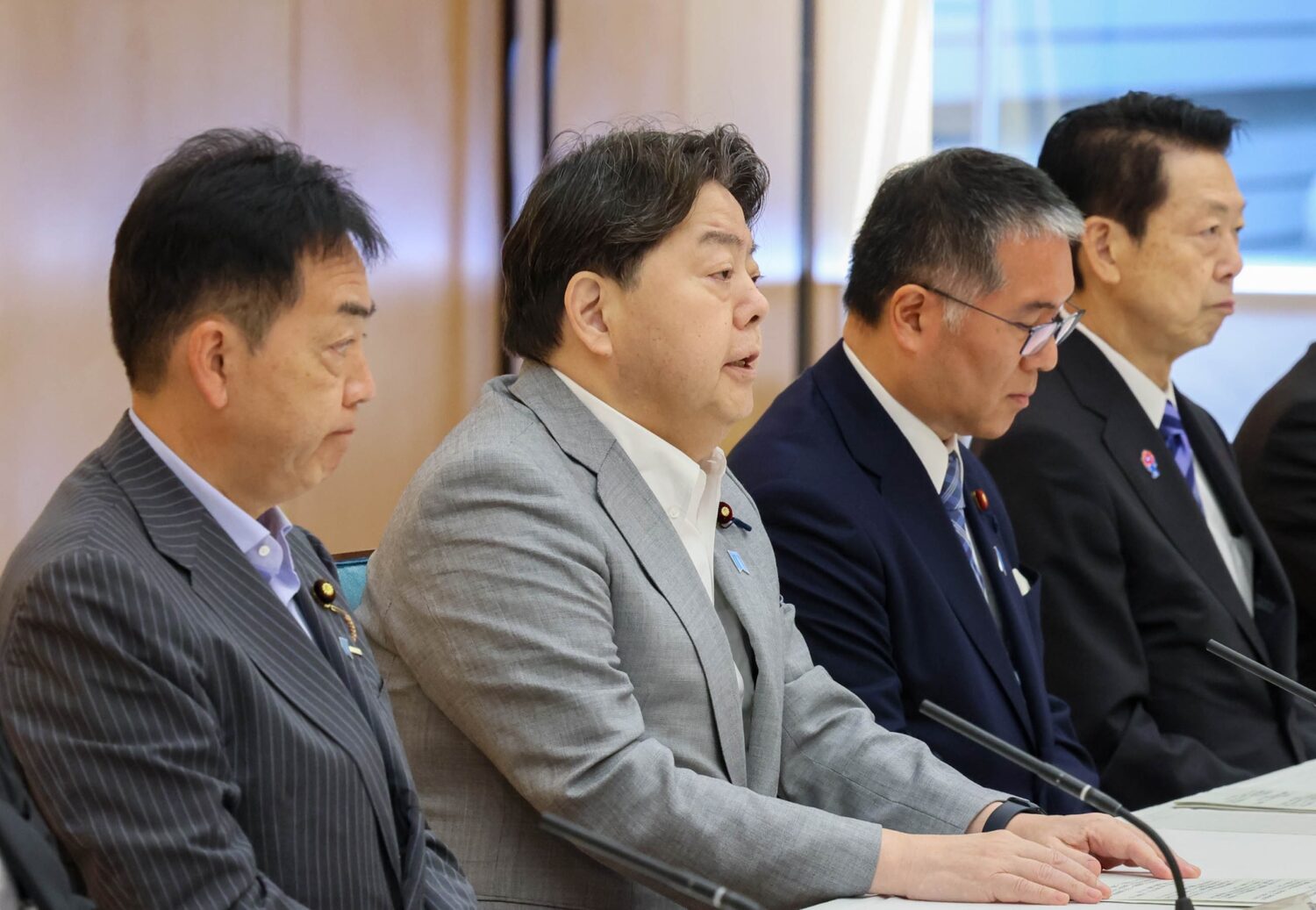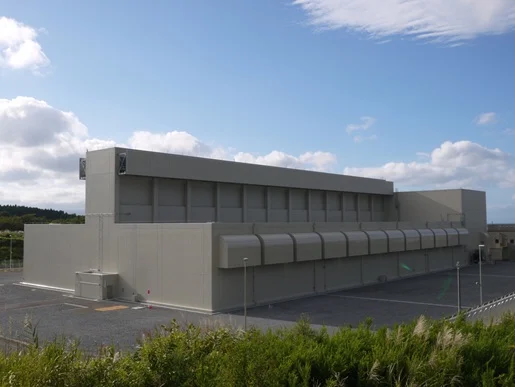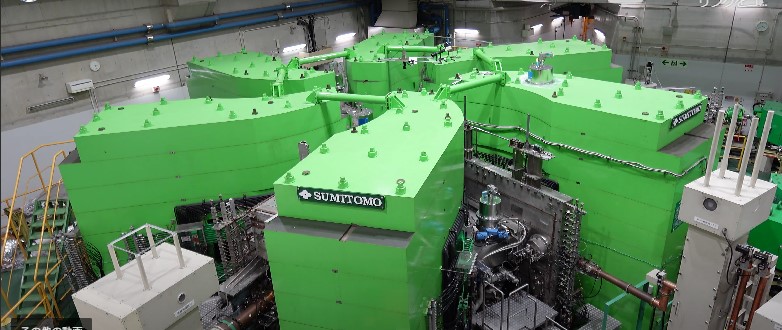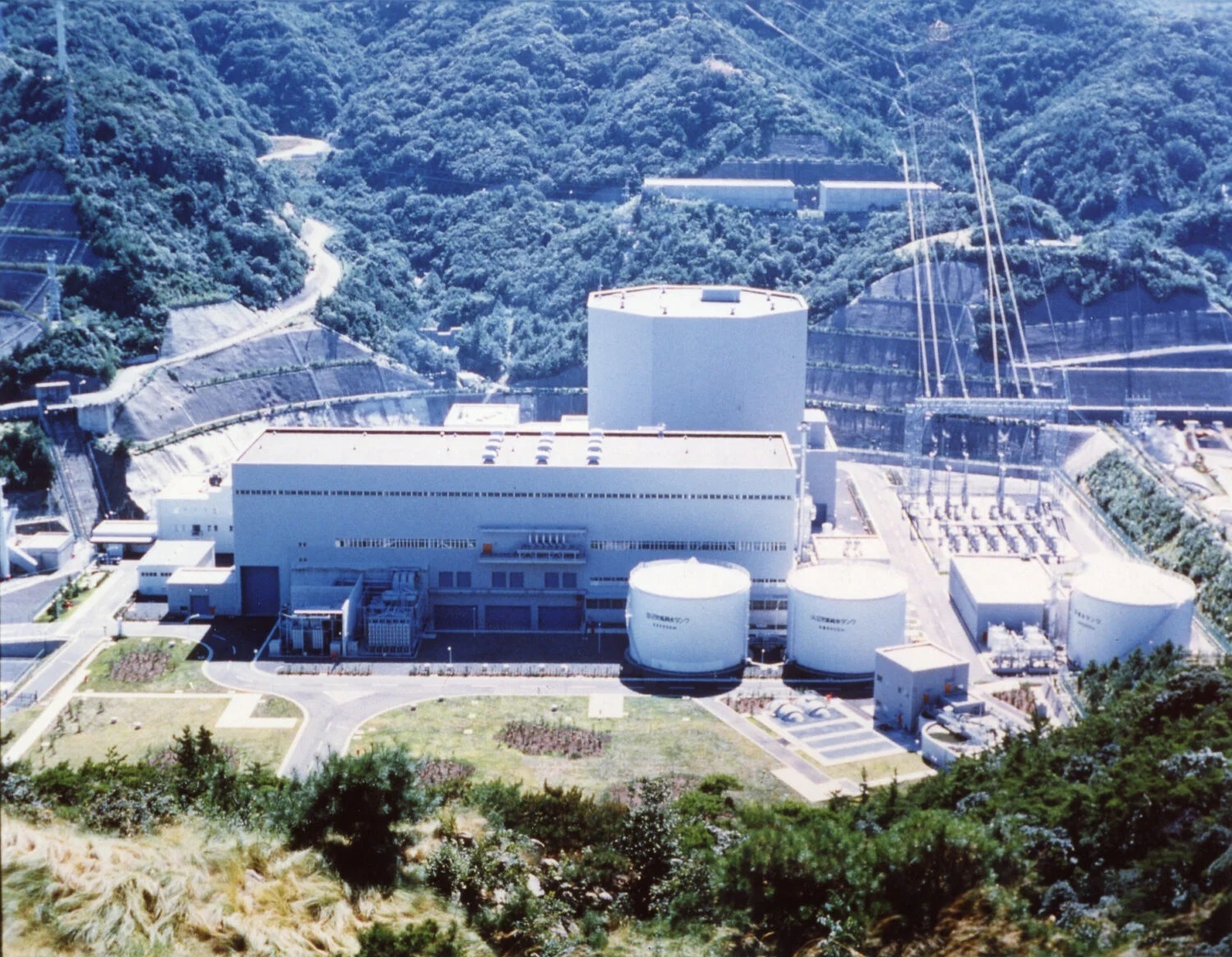This time, experts from Canada, China and South Korea, who were appointed by IAEA, will newly take part in the monitoring in addition to IAEA-MEL staff, specifically from the viewpoint of improving transparency. Regarding China’s participation, Chairman YAMANAKA Shinsuke of Japan’s Nuclear Regulation Authority (NRA) made several comments at a regular press conference on October 11, saying that the NRA is taking the lead on the Japanese side and that “the invitation of third parties, including China, into the IAEA’s objective monitoring enhances neutrality, transparency and fairness.”
During the monitoring period, the expert team will collect samples of seawater, marine sediment, and fish from coastal waters. The results of the assessments will contribute to supporting safety reviews, separately conducted by the IAEA, of the handling of the water treated by the Advanced Liquid Processing System (ALPS).
For example, some six varieties of marine products harvested offshore from Fukushima area, which are already being monitored by Japan’s Fisheries Agency, were sampled by the IAEA offshore of Iwaki City on October 19. On the following day, process of analyses will be checked at the Marine Ecology Research Institute (MERI) in Onjuku Town, Chiba Prefecture.
According to the most recent report on sampling done in fiscal 2021, “methods of sampling by Japan’s analyses institutions are appropriate, highly accurate, and the institutions demonstrate significant capabilities.”
The first release of the ALPS-treated water was conducted from August 24 to September 11, with the second release beginning on October 5, to last about 17 days.
An IAEA safety review mission—the first since the start of offshore release—will visit Japan between October 24 and 27. Included in that team will be 11 international experts from Argentina, Australia, Canada, China, France, South Korea, Malaysia, the Marshall Islands, Russia, the United States and Vietnam―all of whom will participate independently―in addition to the IAEA staff.


